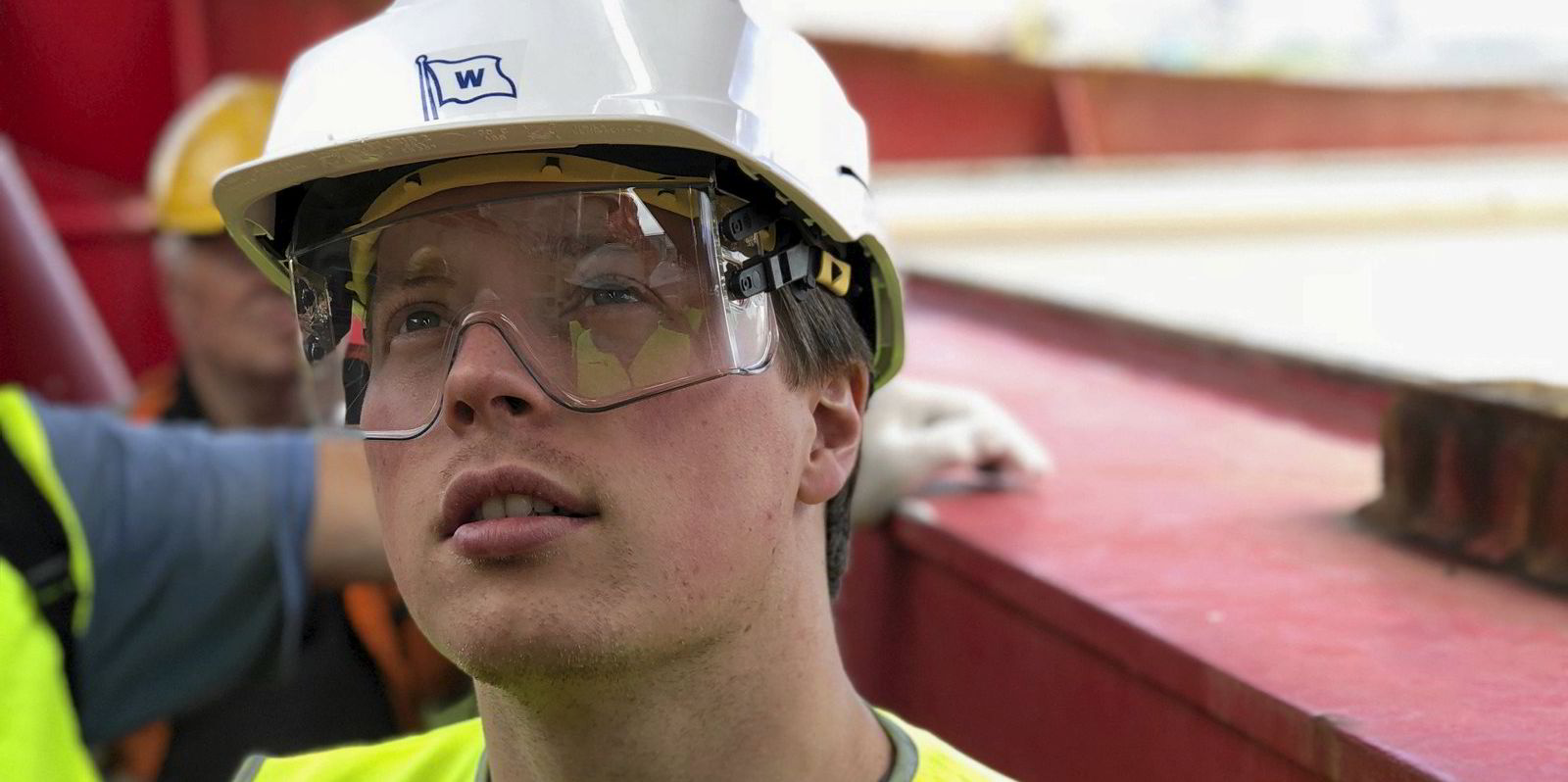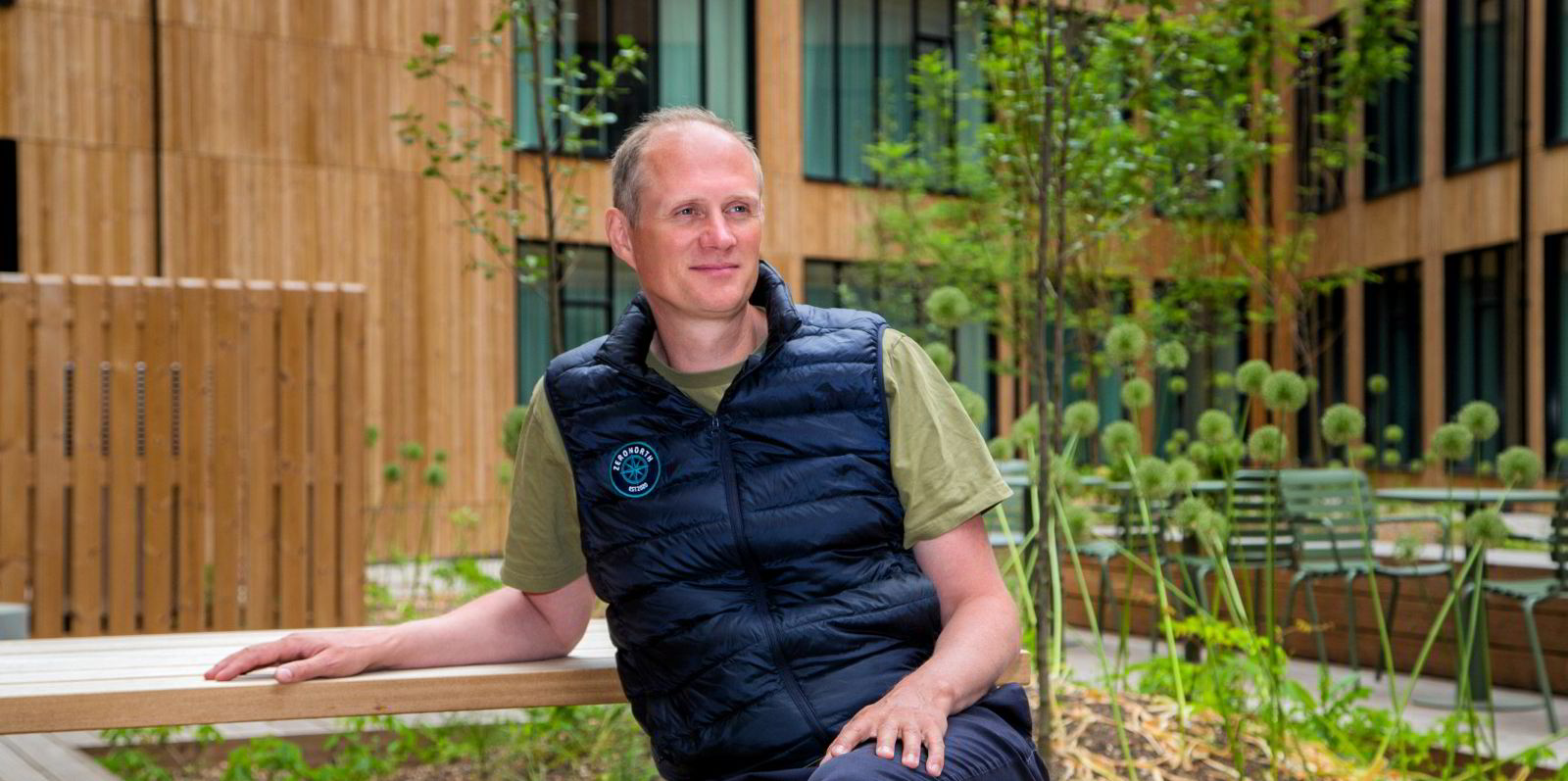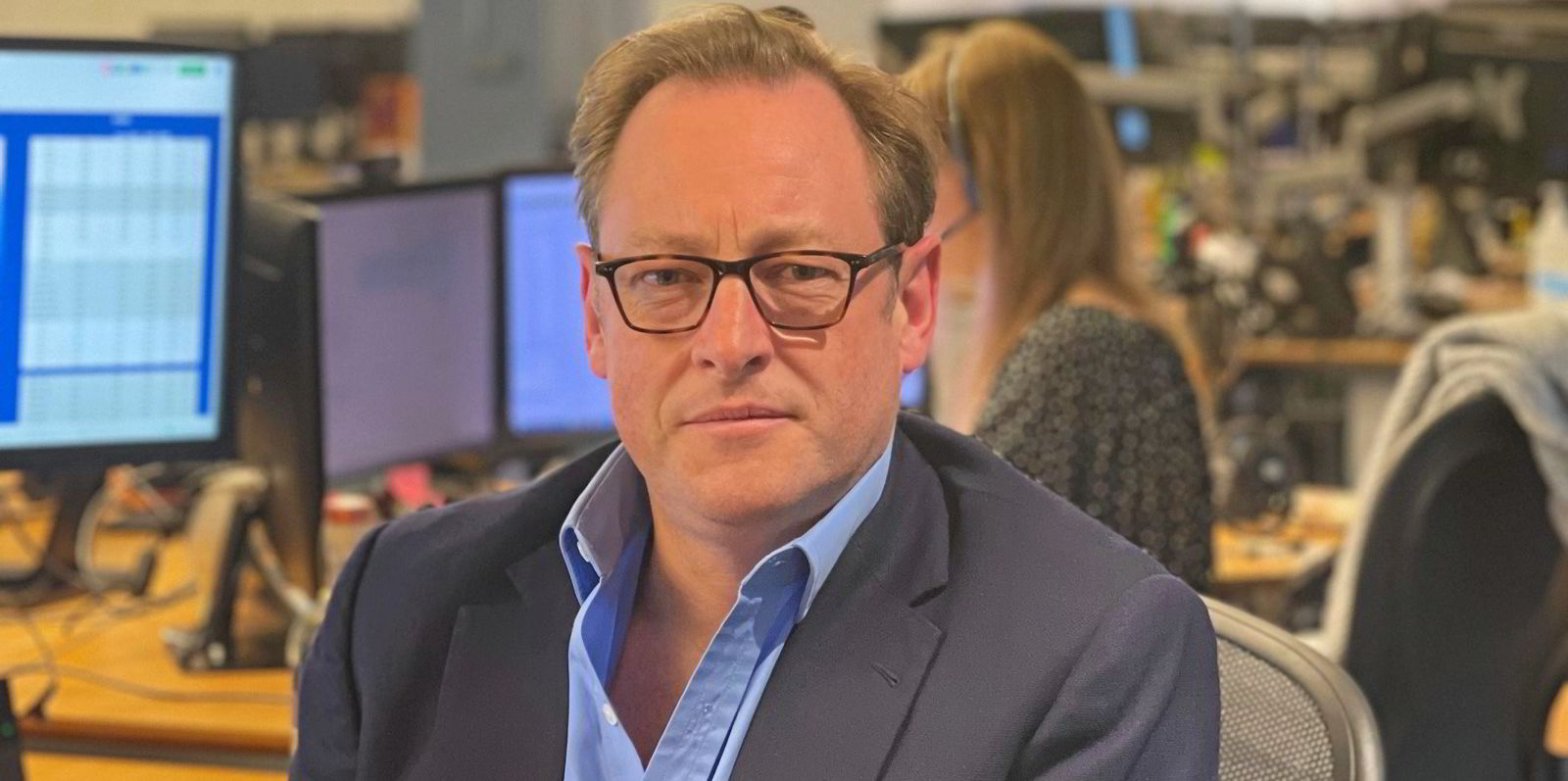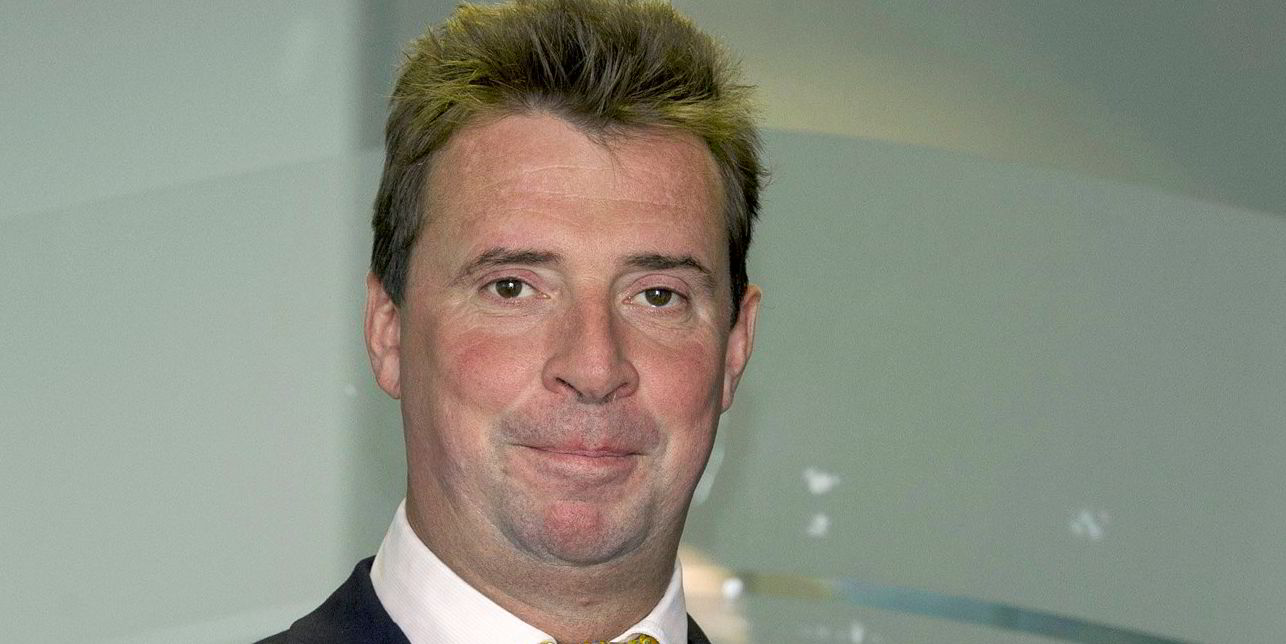Blockchain could provide a "perfect" solution to verifying carbon credits, but the maritime industry must collaborate if it wants to use technology to decarbonise, the head of a shipping tech firm has said.
Chase Bennett, founder and chief executive of London-based Zuma Labs, has warned that carbon credits could be open to being traded fraudulently, whether traders realise it or not.
This has happened before, for instance with renewable identification numbers (RINs), the credits that the US Environmental Protection Agency uses to track and enforce compliance with renewable fuels mandates, he said.
"In the US, these are basically biodiesel credits," Bennett said. "People [are] just generating spreadsheets and selling them without having any licence to — just rampant fraud because it's basically the Wild West, there's no central facility."
But he added that this potential problem presents an opportunity for tech firms such as Zuma, which is researching and developing ideas.
Companies' emissions allowances are unique and the consumption needs to be authenticated and recorded.
But, in much the same way as the Wild West world of RINs, Bennett said there is currently no central facility to do this and the system is based on trust.
"If one person sells the same [emissions] allowance to five people, four of those people aren't actually helping reduce their footprint, even though they think they are," he said.
Originators of emissions credits currently source allowances from projects such as hydroelectric dams, solar farms and reforestation schemes. They then aggregate the credits and market them for carbon trading.
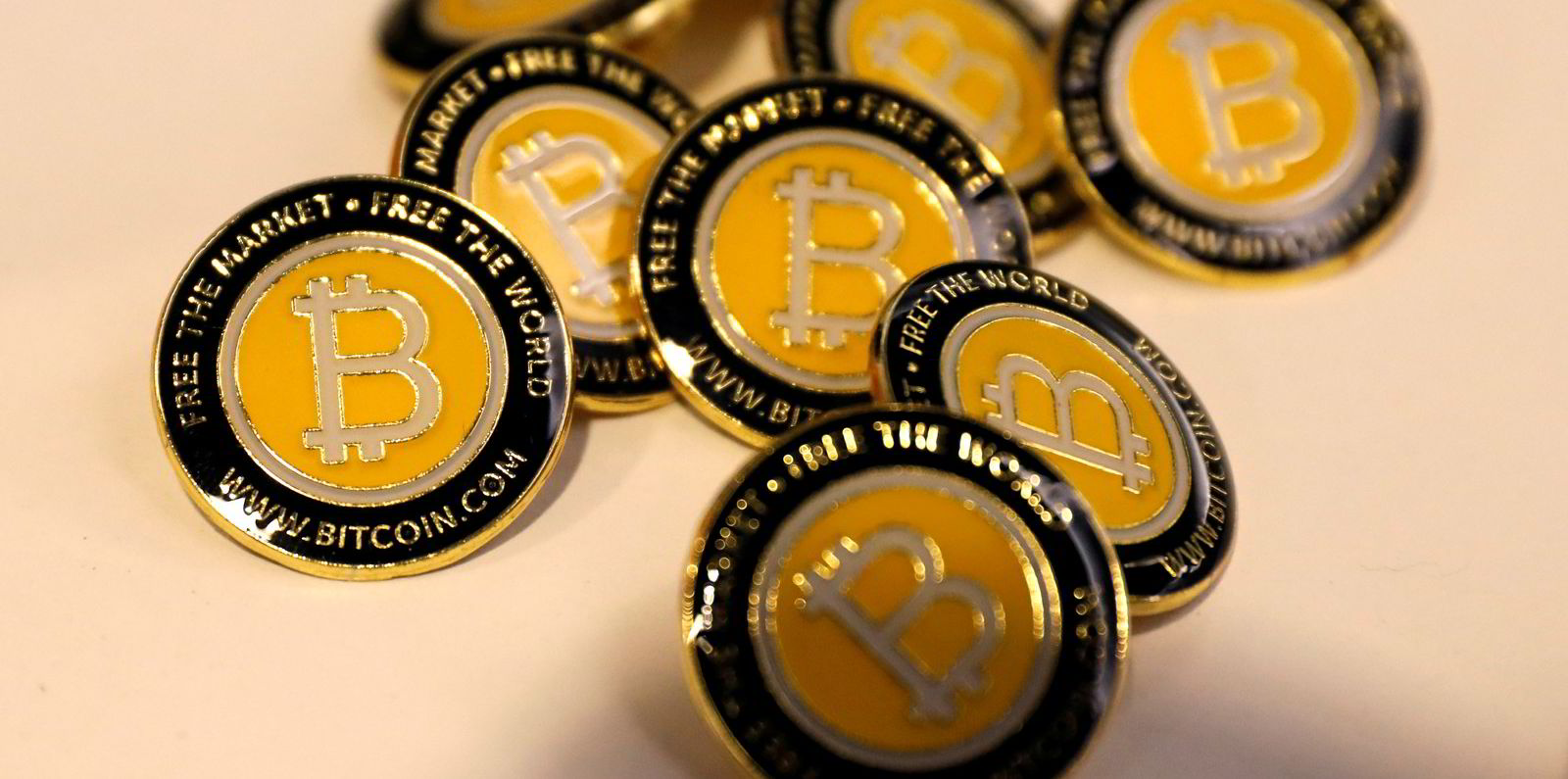
"But you have to then trust that those people aren't being defrauded by the projects, and you have to trust that those companies aren't committing fraud themselves," Bennett said.
Under the current system, he said carbon-offset credits sourced from the same project could be sold 10 times over and no one would know.
Enter the blockchain
"There's an opportunity now to take some of the newer blockchain technologies that are extremely green and then bring a level of transparency and authenticity to the carbon market, which doesn't exist right now," Bennett said.
"In shipping, because of its very federated, fragmented nature, it's the perfect arena for that."
Blockchain, the digital ledger technology behind cryptocurrencies, allows for a data set to be immutable, tamper-proof and publicly verifiable by all participants in the network.
"Once it's done, you can't change it," Bennett said. "The blockchain technology enforces that."
This would allow the world to verify carbon credits on both the supply side — the projects from which the credits were sourced — and the demand side, by authenticating how many tokens have been traded and ultimately consumed.
"You can also burn tokens," Bennett said. "This is all the rage now with these new cryptocurrencies. You can basically mark them as gone."
He said the result is an auditable trail to record that credits have been bought, consumed and destroyed so that they cannot be traded again.
Bennett added that a transparent blockchain-based system would also bring some much-needed fairness back into the carbon marketplace and level the playing field.
Shipbroking and decarbonisation
Last year, Braemar ACM Shipbroking launched its freight derivatives platform Braemar Screen, which is based on Zuma Labs' Venetian platform.
Tristram Simmonds, head of Braemar Atlantic Securities, and Sander Bots, who heads the firm's dry freight derivatives desk, are both directors of Zuma.
"[Zuma] has been in existence for a little over a year and we've worked our tails off to get some tools around pricing, which has been the most important part of the markets for decades, but we're just now, I think, arriving at good solutions," Bennett said.
"We kind of quickly realised, 'wow, if carbon is going to become close to or as important as profit, then the market is going to need similar access and tooling to help them do those jobs'."
He said Zuma aims to develop those tools going forward.
Bennett thinks the maritime space has become more sophisticated technologically over the past five years, but still lags behind many other industries.
He said there remains a "technological gap" between the industry's desire to decarbonise and its ability to do so because companies do not have good visibility of what their carbon footprint actually is.
He said this "gap" is currently blocking companies from tracking their carbon emissions accurately and from being able to make commercial decisions based on that knowledge.
